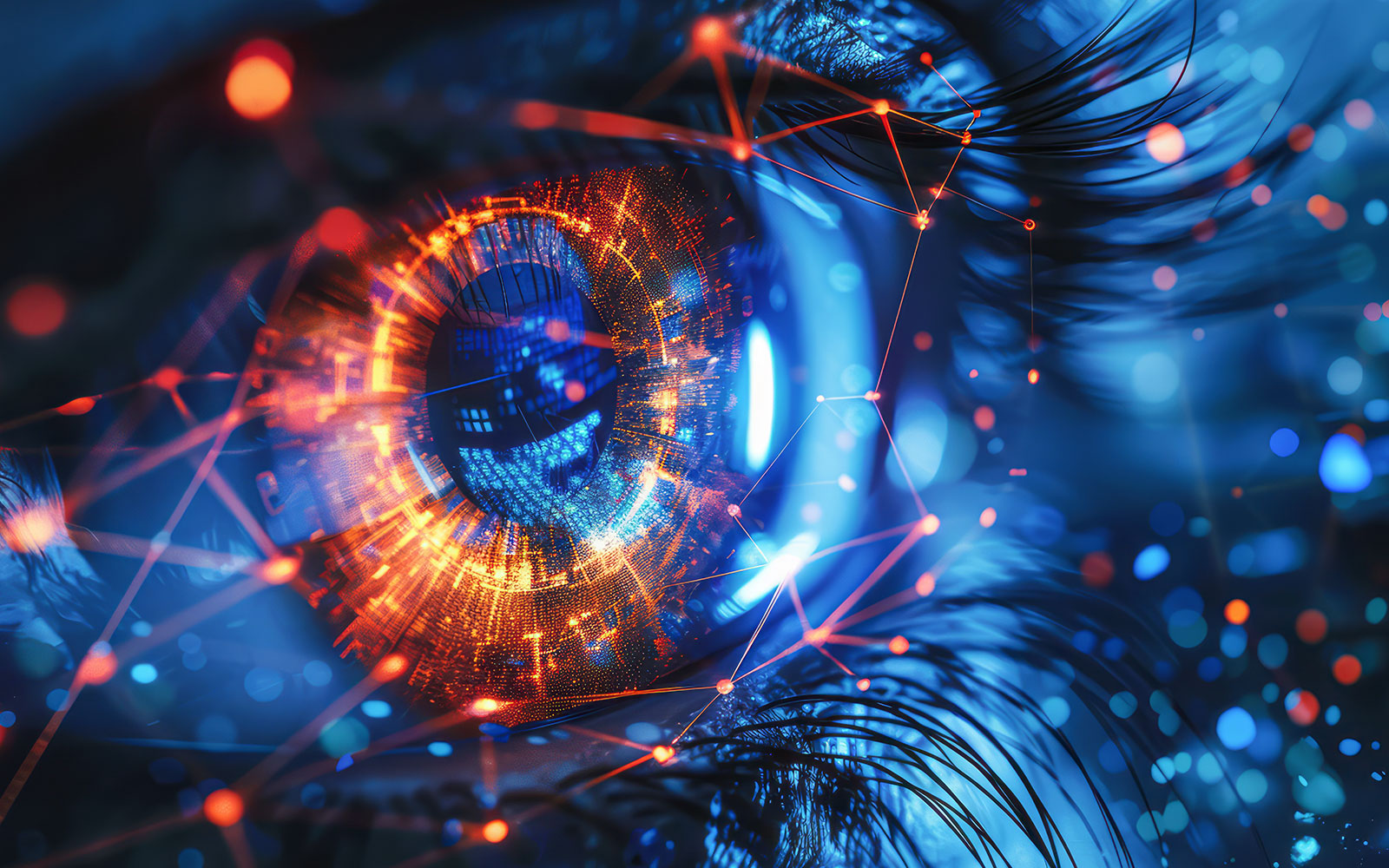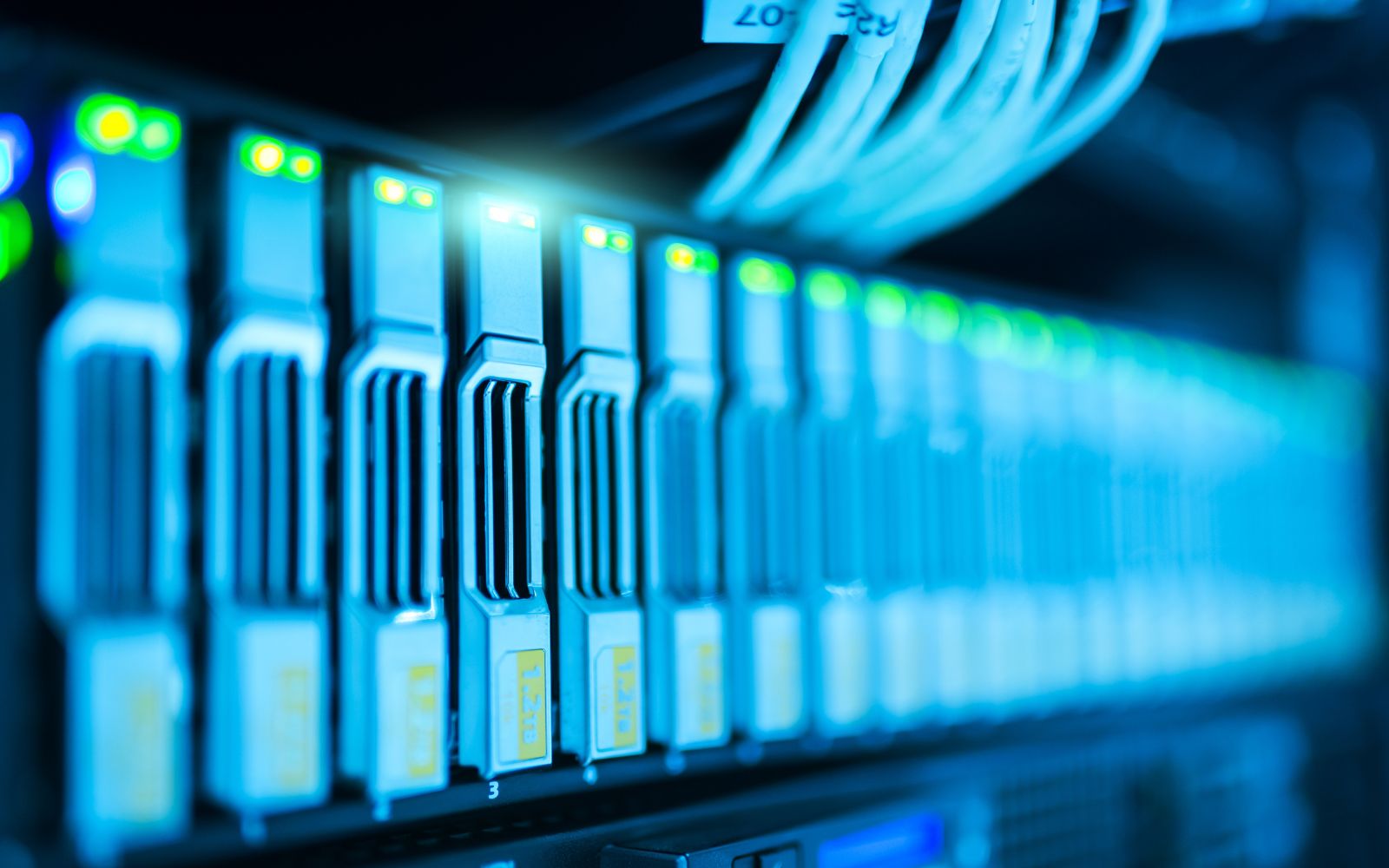Security Information and Event Management (SIEM) is a software solution that allows organizations to monitor and protect their IT infrastructure from cyber threats. It collects, analyzes, and correlates data from various security-related sources, such as network devices, servers, and applications, to detect and respond to potential threats in real-time. SIEM systems are designed to help organizations comply with security regulations by providing detailed reporting and compliance capabilities. They allow organizations to detect and respond to potential threats, such as malicious activity, data breaches, and compliance violations, quickly and efficiently.
Some of the key features of SIEM systems include:
- Real-time threat detection: SIEM systems use advanced analytics and correlation techniques to detect potential threats in real-time. This allows organizations to respond quickly to potential incidents and minimize the impact of a security breach.
- Incident response: SIEM systems provide the tools and capabilities necessary to investigate and respond to incidents quickly and effectively. This includes the ability to investigate and resolve incidents, as well as the ability to generate detailed reports for compliance purposes.
- Compliance reporting: SIEM systems provide the reporting capabilities necessary to demonstrate compliance with security regulations. This includes the ability to generate reports on security incidents, compliance violations, and other security-related data.
What is EDR and how does it compare to SIEM?
SIEM (Security Information and Event Management) and EDR (Endpoint Detection and Response) are both security solutions that are used to protect an organization’s IT infrastructure. However, they have some distinct differences in their focus and capabilities.
SIEM is focused on collecting, analyzing, and correlating data from various security-related sources, such as network devices, servers, and applications, to detect and respond to potential cyber threats. It provides a centralized view of an organization’s security posture and allows for real-time threat detection and incident response.
EDR, on the other hand, is focused on protecting endpoints, such as laptops, desktops, and servers. It provides advanced endpoint security capabilities, including threat detection, incident response, and forensic analysis. EDR solutions are designed to detect and respond to malicious activity on endpoints and can be used to investigate incidents and perform forensic analysis.
What does all this mean?
In summary, SIEM and EDR are both important security solutions, but they have different focuses.
SIEM is focused on providing a centralized view of an organization’s security posture and detecting and responding to potential threats, while EDR is focused on protecting endpoints and providing advanced security capabilities such as forensic analysis. Both SIEM and EDR can be complementary and work together to provide a comprehensive security solution. And partnering with a 24/7 Managed SOC, like Versetal, can enable an organization to take advantage of all the benefits of a 24/7 SOC without the cost associated with operating it in-house.
Working with Versetal enables the costs associated with a SOC to be shared over the MSSP’s entire client base, allowing an organization to take advantage of a high-performing SOC and have access to specialized expertise when needed at a fraction of the cost.
Learn more about how we can help your organization build, manage, and maintain the most secure IT environment for your business with our 24/7 SOC.


